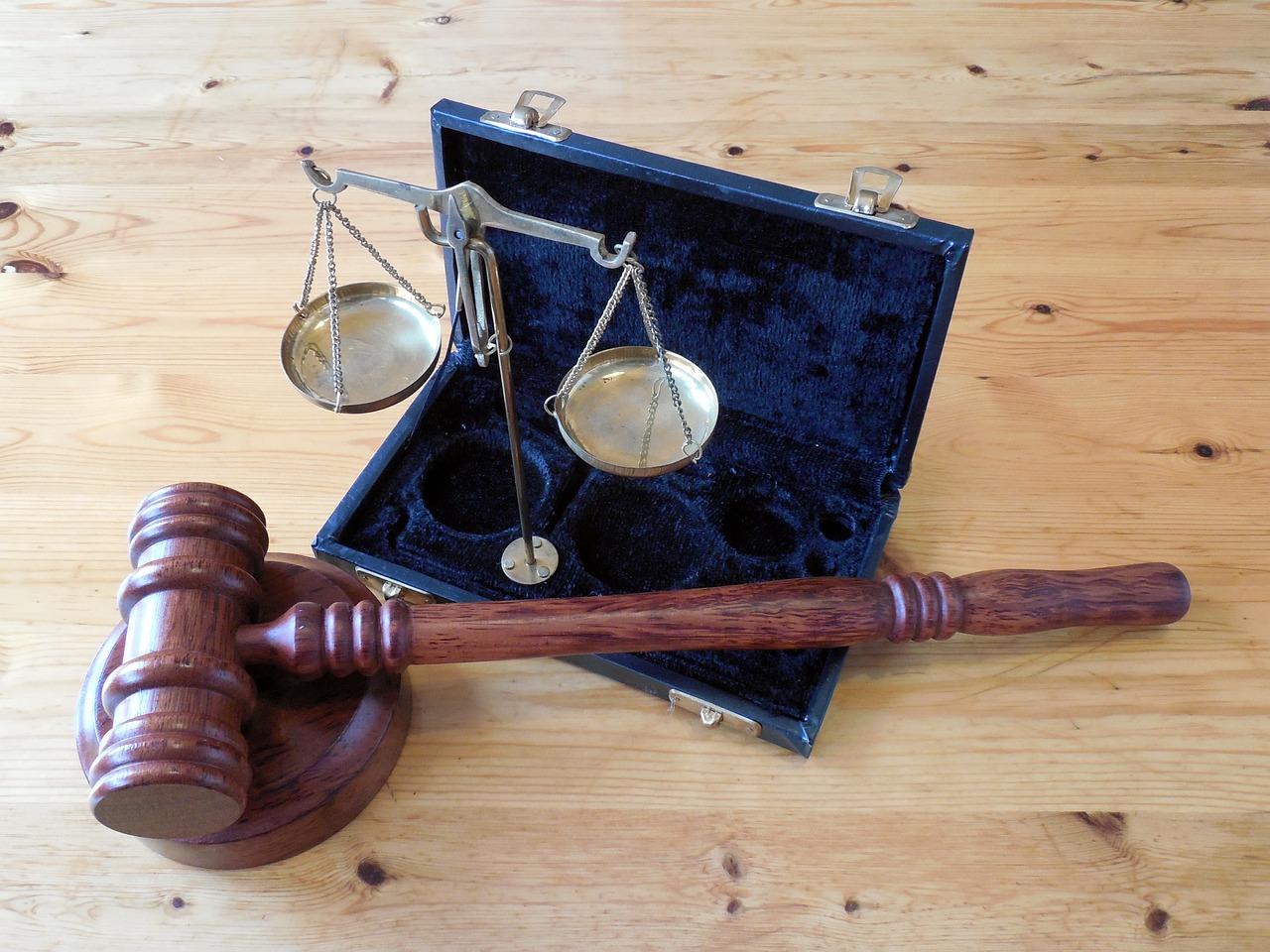The concept of a smart contract sounds futuristic and foolproof—digital agreements that execute themselves once pre-defined conditions are met, all on a secure blockchain. But the reality isn’t always as sleek as the sales pitch. As more industries adopt smart contracts for everything from real estate to insurance claims, the legal implications of what happens when they go wrong are becoming increasingly important.
Who’s responsible when the code executes incorrectly or a vulnerability is exploited? Can a piece of code be held liable? These are no longer theoretical questions. They’re real legal concerns that courts, developers, and users are grappling with today.
Code Is Law… Until It Isn’t
One of the guiding philosophies behind smart contracts is the idea that “code is law.” In other words, whatever the code says, goes. This works fine when the code performs exactly as intended. But in practice, coding errors, logic flaws, or unforeseen interactions can lead to significant financial losses or breaches of trust. When the code doesn’t reflect the true intent of the agreement, the people affected often turn to traditional legal systems for recourse. This is where things get murky, as courts must interpret what was meant vs. what was coded.
Who Gets Sued When Code Fails?
Unlike traditional contracts, where you can usually point to a party who breached the terms, smart contracts blur those lines. Is it the developer who wrote the code? Is the platform hosting it? The user who deployed it? There have already been cases where courts had to decide whether developers are legally accountable for poorly written or malicious smart contracts. The outcomes often depend on the jurisdiction and the clarity of the terms involved, but one thing is clear: someone almost always ends up responsible—even if it wasn’t their intent.

Jurisdictional Nightmares
Smart contracts live on decentralized networks, often hosted across borders on nodes scattered around the globe. This raises another major issue: jurisdiction. If a contract is created in one country, executed on a blockchain in another, and affects users in five more, whose laws apply? The decentralized nature of blockchain technology makes it difficult for traditional legal frameworks to catch up. Different regions are beginning to adopt rules and interpretations, but consistency is still a long way off.
Bugs, Exploits, and Malicious Actors
Even if a smart contract works “correctly” according to its code, that doesn’t mean it’s functioning ethically—or even legally. Take the infamous DAO hack in 2016, where a perfectly legal (by code) withdrawal drained millions of dollars from the Ethereum blockchain. The network had to implement a controversial hard fork to reverse the damage. In such cases, the blame often falls on developers for failing to anticipate vulnerabilities, but this opens up a Pandora’s box of legal questions. Should we expect developers to foresee every possible exploit? Or should users bear some of the risk?
Moving Toward Legal Hybrid Contracts
The future likely lies in a hybrid model that combines traditional legal contracts with smart code. These setups allow …


 Things can go wrong quickly when it comes to copyrighted music. Sometimes, the one who stole your music can even register it as their own. Before it gets worse, you want to make sure that you’re in the right hands. That’s why hiring a copyright lawyer is essential. They’ll be able to provide legal advice and guide you through the process of taking action against those who have stolen your music. On top of that, they will also be able to help you register your music for copyright protection.
Things can go wrong quickly when it comes to copyrighted music. Sometimes, the one who stole your music can even register it as their own. Before it gets worse, you want to make sure that you’re in the right hands. That’s why hiring a copyright lawyer is essential. They’ll be able to provide legal advice and guide you through the process of taking action against those who have stolen your music. On top of that, they will also be able to help you register your music for copyright protection. If you want to ensure that your rights are protected and that justice is served, then filing a copyright infringement suit is the best way to go. Note that filing a lawsuit can be expensive, so ensure you have all your documents in order before taking this step. You will also need to provide evidence of the unauthorized use of your music, as well as prove that it was originally yours and not someone else’s. In fact, the clearer you are about the evidence, the better. By doing this, your lawyer will be able to make a stronger case for you and help you get justice.
If you want to ensure that your rights are protected and that justice is served, then filing a copyright infringement suit is the best way to go. Note that filing a lawsuit can be expensive, so ensure you have all your documents in order before taking this step. You will also need to provide evidence of the unauthorized use of your music, as well as prove that it was originally yours and not someone else’s. In fact, the clearer you are about the evidence, the better. By doing this, your lawyer will be able to make a stronger case for you and help you get justice. Sometimes, it’s possible that the person who stole your music might not agree with your claims. In such cases, you can always try to negotiate or settle out of court. This means that both parties come to an agreement without having to take it to court and resolve the issue without any further legal action. Of course, this depends on both parties, so ensure that whatever is agreed upon is documented in writing for future reference. Ultimately, your music is your own asset. …
Sometimes, it’s possible that the person who stole your music might not agree with your claims. In such cases, you can always try to negotiate or settle out of court. This means that both parties come to an agreement without having to take it to court and resolve the issue without any further legal action. Of course, this depends on both parties, so ensure that whatever is agreed upon is documented in writing for future reference. Ultimately, your music is your own asset. …
 The first set of business law is the Contract Law. This includes any agreement between two or more parties that contain promises and consideration, as well as any agreements regarding the sale of goods or services. A contract must be enforceable, meaning that all parties involved understand and agree to its terms, for it to be valid. If one party does not keep their promises or there is a disagreement about the terms of the agreement, a lawsuit may result. Note that all contracts do not require signatures. They can also be verbal or implied from the conduct of both parties.
The first set of business law is the Contract Law. This includes any agreement between two or more parties that contain promises and consideration, as well as any agreements regarding the sale of goods or services. A contract must be enforceable, meaning that all parties involved understand and agree to its terms, for it to be valid. If one party does not keep their promises or there is a disagreement about the terms of the agreement, a lawsuit may result. Note that all contracts do not require signatures. They can also be verbal or implied from the conduct of both parties.